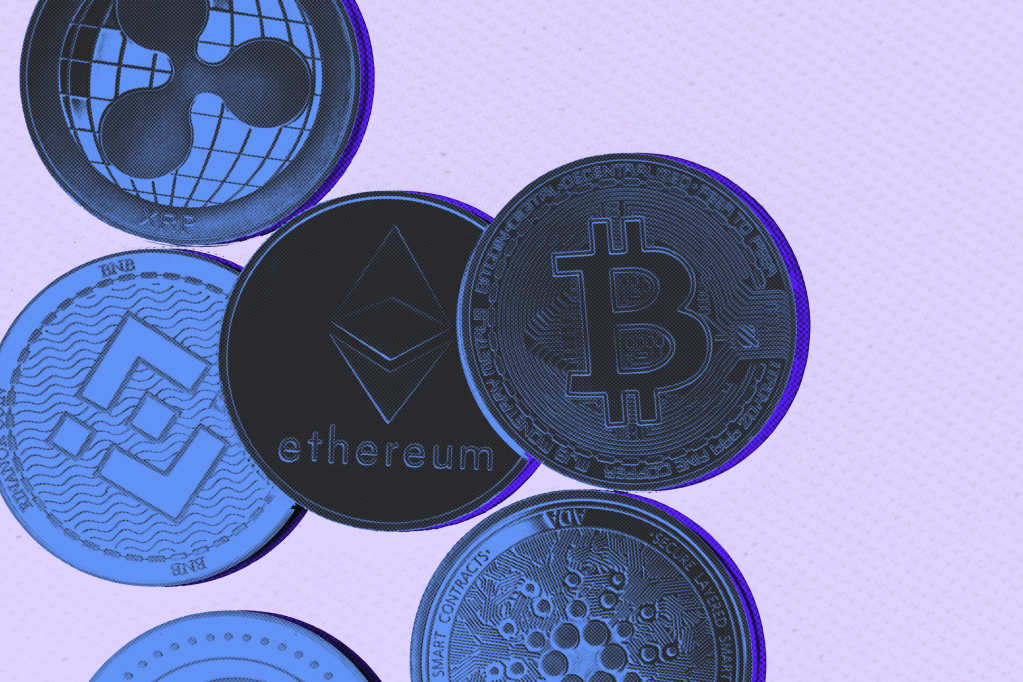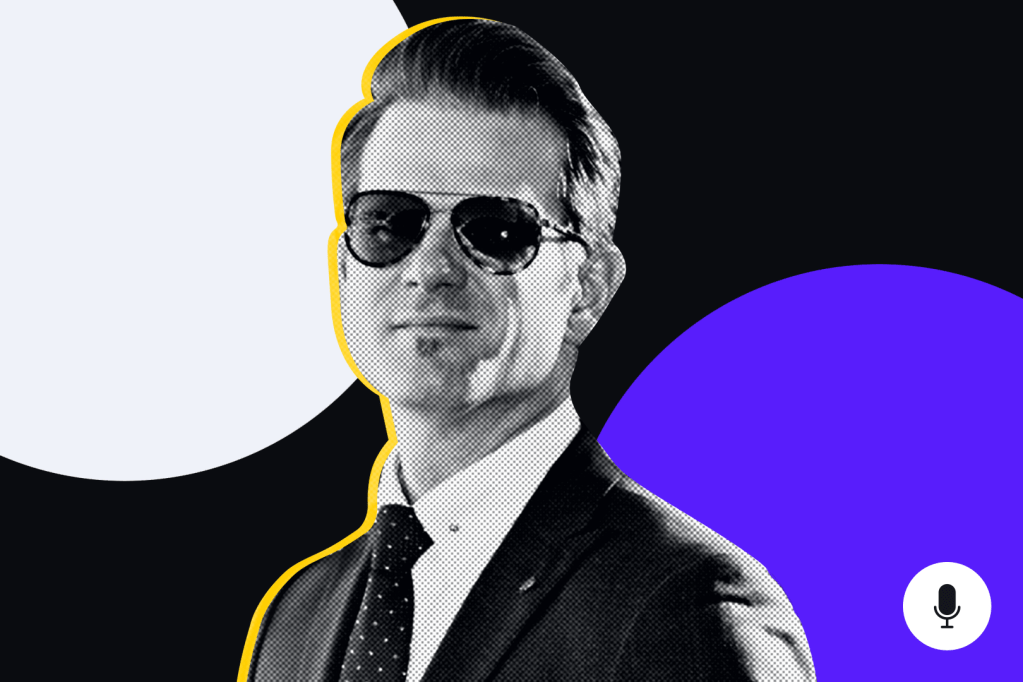The Consumer Financial Protection Bureau (CFPB) has issued its long-awaited final rule on open banking, which would require financial institutions, credit card issuers and other firms to transfer personal financial data to other providers for free at the consumer’s request.
Although last year’s proposal applied to data linked to
Register for free to keep reading
To continue reading this article and unlock full access to GRIP, register now. You’ll enjoy free access to all content until our subscription service launches in early 2026.
- Unlimited access to industry insights
- Stay on top of key rules and regulatory changes with our Rules Navigator
- Ad-free experience with no distractions
- Regular podcasts from trusted external experts
- Fresh compliance and regulatory content every day

















